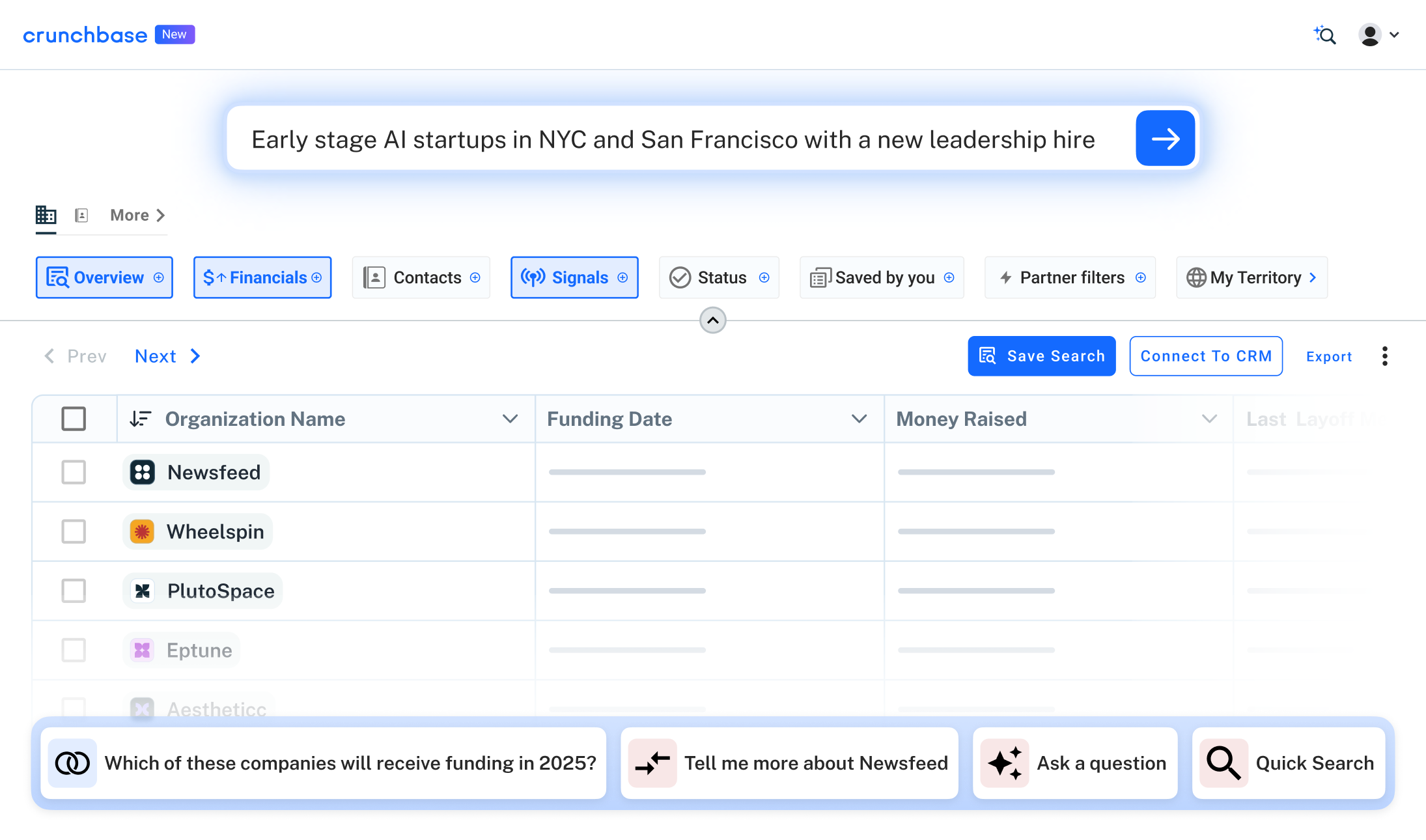As we approach the halfway point of 2023, the big investment checks of 2021 are starting to be pretty far in the rearview mirror. Investment activity remains sluggish, and an increasing number of startups are in need of additional funding to continue.
Although it may be flowing less freely than it was two years ago, money is still out there. The same conditions that make it rough for companies are actually great for venture capitalists who are looking to buy. They can invest in more companies at a lower price point for their equity.
With this weaker negotiating position, startups looking for options for raising capital in an economic downturn will need to be resourceful — beyond just a Plan B. If you’re in a situation where you’re struggling to raise funds, don’t yet have revenue or can’t get the valuation you feel your company deserves, here are some options.
Down round
A down round — selling shares at a lower price than in a previous round — is unappealing to founders and early investors for many reasons. It can dilute their control and ownership percentage even more than an ordinary round of funding. It can also be tough for morale among employees who hold stock options. Perhaps worst of all, it can create an implication that a startup was overhyped.
But in an environment like this one (in which the entire startup ecosystem is struggling), the stigma is dramatically reduced. Plus, founders can lessen the blow to morale by repricing stock options at the lower valuation so employees would stand to earn more when they’re exercised in the future. If a down round is what it takes to keep the company going, there’s no shame in that — not in 2023.
Bridge loan/convertible note
A bridge loan, also known as a convertible note, can provide the funding needed to keep your startup running until the economy turns around without updating (and lowering) your valuation. One of many common fundraising tools, these are loans that will be converted to stock at a specific point in the future. Even without revenue, if your company can show evidence of progress you’ve made so far — for example, in the form of clinical studies or research and development — you may be able to raise a convertible note by trading on your ability to convert that progress into value down the road.
Venture debt
Startups without a history of generating revenue might consider venture debt financing. Venture debt usually takes the form of a loan, and the lenders who offer it are willing to take on more risk in exchange for higher potential returns. It doesn’t dilute shareholder equity or require giving up ownership, but interest rates are higher and repayment terms may be shorter than a bridge loan or convertible note.
Family office investors
Family offices are small finance teams employed by wealthy families who have an investment pool and are often interested in making investments outside of the traditional venture capital model. They tend to be industry agnostic, meaning they’re looking for good companies — often ones that provide diversification in their portfolio alongside the enterprises that originally built their wealth.
In this environment, family offices are looking for investments outside of the stock market and are sensing an opportunity to get involved in promising startups. The rounds typically aren’t blockbuster totals, but they’re enough to make a big difference for a small, growing company. And the due diligence process can be quicker and more flexible, meaning faster access to capital.
Strategic investors
In addition to family offices, identify potential new investors — people who may not have invested in startups before — who are deeply passionate about your mission. Often, a startup’s potential is best appreciated by investors who personally understand the problem the company is solving.
Make sure you’re tapping into your networks to find the investors who are most likely to see the unique value of your company. These investors may be drawn to aspects of your company other than just the bottom line.
On a related note, companies with a diverse set of investors will be much better off during an economic downturn; deep-pocketed investors who are committed to the company may be able to float them past a rough patch.
Government grants
Government grant money is an often overlooked (and misunderstood) source of funding. It might not mean a huge influx of cash, but it can be extremely helpful for startups in the early stages. Smaller grants can be multiplied by organizations that match existing grants. Finding these is a matter of knowing the landscape you’re working in and where you fit within that landscape. And they can accumulate: If you receive a match grant from one group, it acts as a stamp of approval that makes it easier to get other grants from groups in the same field.
Crowdfunding
An option that didn’t exist 10 years ago, crowdfunding is an avenue to capital that founders can pursue on their own, via a huge number of platforms. For consumer products, this could include direct-to-consumer platforms such as Kickstarter, but companies of all types can also sell equity using an increasing number of crowdfunding platforms for investors.
Going public
At first glance, this might seem insane. But going public can raise both capital and your business’ profile. With so few IPOs taking place right now, any company going public will have an easier time generating news and interest.
To qualify, a company has to be incorporated; it can’t be an LLC. Usually, underwriters will require you to have annual revenue of $10 million to $20 million and expect high future growth rates (around 25% a year in the next five years or so). You also need at least enough money to pay for the IPO process, which can be expensive.
One alternative that was all the rage when the economy was hot — but is still occurring with some frequency — is a reverse merger using a SPAC (special-purpose acquisition company). While SPAC deals in the billions draw headlines, this maneuver can be executed on a smaller scale as well.
Revise and revisit
If you’ve tried every avenue you can think of and still aren’t finding a deal that makes sense for your company, take what you’ve learned and update your pitch deck. In this market, it pays to be real. What are you not good at? Economic downturns exaggerate shortcomings, so instead of avoiding the subject, make sure you address it head on.
Develop a one-sheet that boils down the key elements of your pitch deck — the simpler the better. CEOs should have a good understanding of all aspects of the business, including what the company’s path is, as well as some contingencies and different routes your business could take.
And don’t forget to highlight successes. If your company has hit its milestones, make sure you stress that. In the current environment — where a lot of startups have not met expectations — you will stand out if your company has actually delivered on its promises and gained some traction.
A difficult economic cycle like the current one can be a wake-up call, pushing founders to develop a better pitch and find investor relationships that truly fit. Having a series of backup plans will help you find the capital that’s out there and emerge from the downtown with strong investor relationships.

Frank Milone, is a co-founding partner of Fiondella, Milone & LaSaracina, LLP (FML CPAs), one of the largest independent accounting and advisory firms in the Northeast. He leads the firm’s emergingcompanies and venture-capital audit practice and the employee-benefits audit practice. Milone regularly advises mature and emerging growth company clients in the areas of debt and equity financing, revenue recognition, and equity compensation. He is an entrepreneur-in-residence at Yale University.

Matt DeCoursey is CEO and founder of Full Scale, a tech-enabled services platform that helps technology companies build teams of remote software developers, testers and leaders. DeCoursey is the founder and co-host of Startup Hustle, a top 1% global podcast with over 5 million lifetime downloads. He is also the author of Million Dollar Bedroom: Scrappy Lessons of Success, Setbacks, and Other Surprises Not Taught in Business School and Balance Me: A Realist’s Guide to a Successful Life, and co-author of The Realist’s Guide to a Successful Music Career.
.svg)




.png)
.png)

